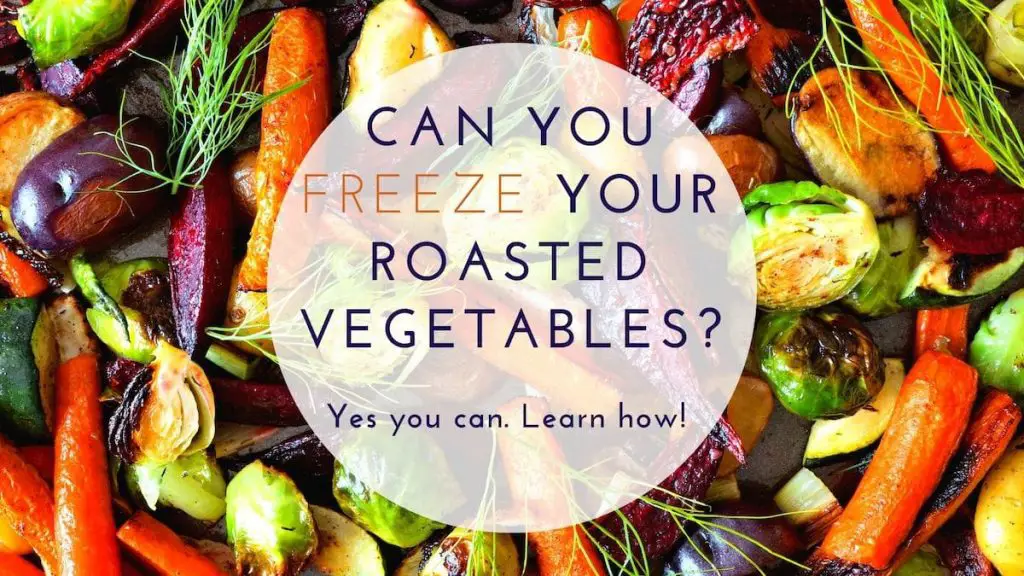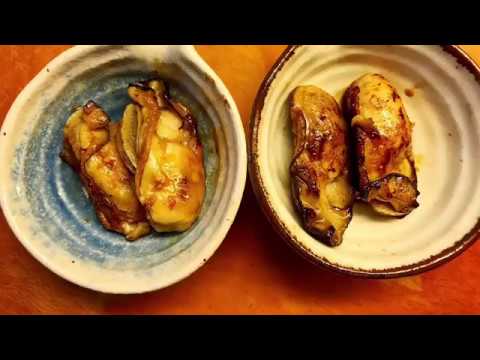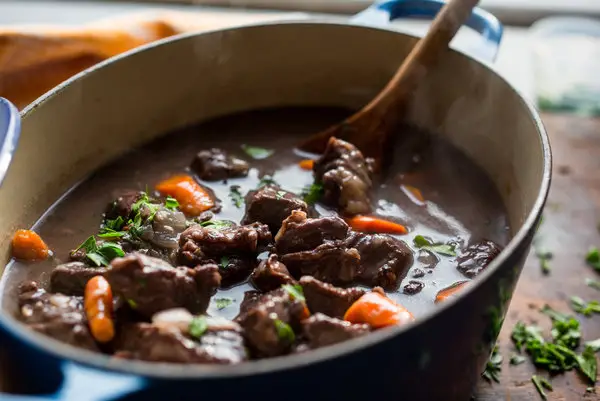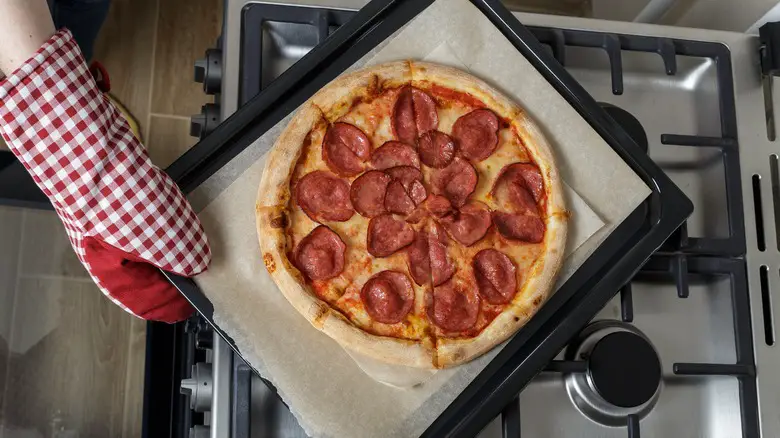As we try to minimize food waste and save time in the kitchen, freezing cooked vegetables can be a convenient solution. However, not all vegetables are created equal when it comes to freezing. In this article, we will explore which cooked vegetables freeze well and how best to prepare them for the freezer.
Introduction
Freezing cooked vegetables is a fantastic way to reduce food waste and save time in meal preparation. By preparing large batches of your favorite veggies and popping them into the freezer, you can avoid tossing unused portions away and have quick and easy access to nutritious meals throughout the week.
However, not all vegetables are suitable for freezing. Some become mushy or discolored after thawing while others lose their texture completely. It’s crucial to choose suitable vegetables for frozen storage.
Best Vegetables for Freezing
Broccoli
Broccoli is not only tasty but also a versatile vegetable that freezes very well. Here’s how to prepare broccoli:
- Preparing broccoli: Begin by washing the broccoli under cold water. Cut off any woody stems or leaves before dividing it into bite-sized florets.
- Cooking frozen broccoli: There’s no need to thaw frozen broccoli before cooking it; just add it straight from the freezer to your desired recipe.
- Ways to use frozen broccoli: Frozen broccoli is perfect for adding into stir-fries, soups, casseroles or as a side dish with some buttery breadcrumbs sprinkled on top.
Cauliflower
Cauliflower is another cruciferous vegetable that holds up well in the freezer. Follow these steps when prepping cauliflower:
- Preparing cauliflower: Begin by cleaning away any leaves or tough stems. Cut the head of cauliflower into small pieces or florets.
- Cooking frozen cauliflower: Cook directly from frozen by steaming or roasting it until done.
- Ways to use frozen cauliflower: Add some cheese sauce over steamed cauliflower, or toss it with some Pesto and serve alongside roasted chicken to complete the meal.
Carrots
Freezing cooked carrots is an excellent way to reduce food waste and have a readily available nutritious ingredient for your meals. Here’s how to prepare them:
- Preparing carrots: Begin by washing the carrots under cold water and cutting off each end. Slice or chop into small pieces.
- Cooking frozen carrots: Cook directly from frozen using your preferred method.
- Ways to use frozen carrots: Add frozen carrot cubes into stews, soups, stir-fries, or roast them as a side dish.
Peas
Peas are a great source of plant-based protein that can be added into many dishes. Here’s how to prep them for the freezer:
- Preparing peas: Start by shelling/filling your peas and cleaning them well.
- Cooking frozen peas: Add them straight from the freezer into any recipe that uses peas.
- Ways to use frozen peas: Peas add natural sweetness and color to any dish they’re added in – from fried rice to creamy pasta sauces.
Other Vegetables That Freeze Well
Other vegetables that freeze well include sweet potatoes/yams, corn on the cob, and green beans.
Sweet potatoes/yams
Sweet potatoes/yams’ unique flavor profile adds a satisfying touch to almost any dish. Follow these steps when freezing sweet potatoes:
- Preparing sweet potato/yams for freezing: Begin by washing the yams thoroughly before peeling off their skins. Cut it into uniform sizes or cubes for easier cooking later on.
- Cooking frozen sweet potatoes/yams: Roast until soft or mash when thawed at room temperature.
- **Ways to use frozen sweet potatoes/yams: Adding pre-cooked cubed/tubes of sweet potato or yam brings pretty colors and healthy carbs into traditional dishes, like cottage pie or roasting along with other vegetables.
Corn on the Cob
Corn is a summertime barbecue staple and can be preserved by freezing. Here’s how to freeze corn:
- Preparing corn on the cob for the freezer: Boil or steam them first before cutting off kernels from the cob with a sharp knife.
- Cooking frozen corn on the cob: Add it straight from the freezer to soups, stews, salads, or other applications where sweet corn taste is required.
- Ways to use frozen corn on the cob: Thawed corn can be used in tacos, soups/stews, summer salads, e.g., couscous salad.
Green Beans
Green beans are one of America’s most beloved vegetables. When harvesting a bumper crop of these green wonders, store away some frozen versions for future recipes!
- Preparing green beans for freezing: Wash fresh green beans in cold water and snip their ends off—either whole stalks or chopped into pieces.
- Cooking frozen green beans: These veggies blanch very quickly – just two minutes in salted boiling water before you plunge them into an icy bath of water.While they will still lose some texture during the freezing process, knowing how to cook them correctly after thawing ensures maximum flavor retention.
- Ways to use frozen green beans: As a side dish alongside roasted chicken/fish/meatballs would never go wrong.
Worst Vegetables for Freezing
Several vegetables do not fare well at all within a freezer. Lettuce/cucumbers/tomatoes are high-water-content produce; hence they become either limped or mushy when stored in freezers. So as much as it might reduce food waste thoughts always keep certain veggies off your list when preparing veggies for freezing
Tips For Freezing Vegetables
Grabbing any container may not work best for freezing cooked vegetables. Still, some careful planning can help your meals come out of the freezer with just as much flavor and texture as they went in!
- Choosing the right containers: Use airtight resealable bags or containers for storing veggies in the freezer.
- Pre-freezing: When freezing large pieces or fruits/vegetables that stick together like sweetcorn kernels/tofu, pre-freezing them spreads them out before tightly storing them
- Best practices for thawing: To prevent bacterial growth and maintain food quality/shelf life, it is best to allow pre-cooked/frozen vegetables to thaw overnight. If you’re pressed for time? Thaw at room temperature 15 minutes before cooking.
Conclusion
Cooked vegetables are an excellent source of nutritional value. Freezing allows you to preserve their quality, reduce food waste and more importantly help save your time during meal prep days. Utilize these tips and suggestions we’ve shared here on which vegetables freeze well to get started today!
Q&A
- Q: Can I freeze cooked broccoli? A: Yes, you can freeze broccoli after it has been cooked. Make sure to blanch the broccoli before freezing to preserve its flavor and texture.
- Q: Which type of vegetables can I freeze without blanching? A: Some vegetables, such as carrots, corn, and green beans, can be frozen without blanching if they have been cooked properly. However, blanching helps to maintain their color and nutrients.
- Q: Can I freeze cooked leafy greens like spinach or kale? A: Yes, you can freeze cooked leafy greens like spinach or kale, but be aware that they may become a bit mushy after thawing. It’s best to use them in recipes where texture isn’t as important, such as soups or stews.
- Q: Which cooked vegetables should not be frozen? A: Some vegetables do not freeze well after being cooked due to changes in texture and flavor. These include potatoes (unless mashed), cucumbers, tomatoes, and lettuce. It’s best to avoid freezing these types of veggies to maintain their quality when consumed.



